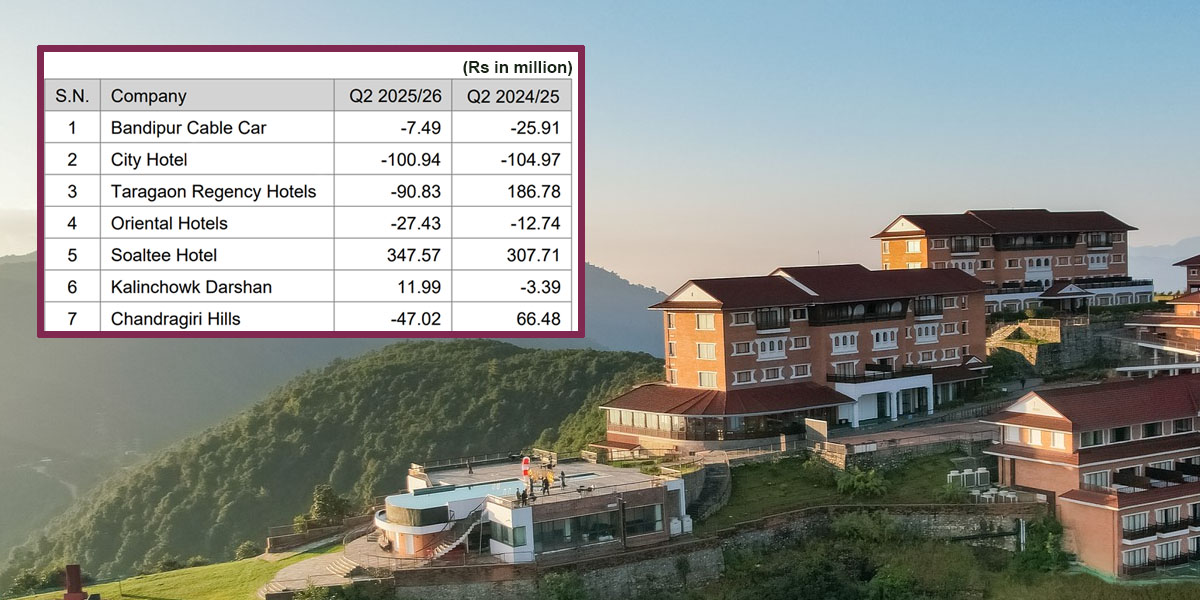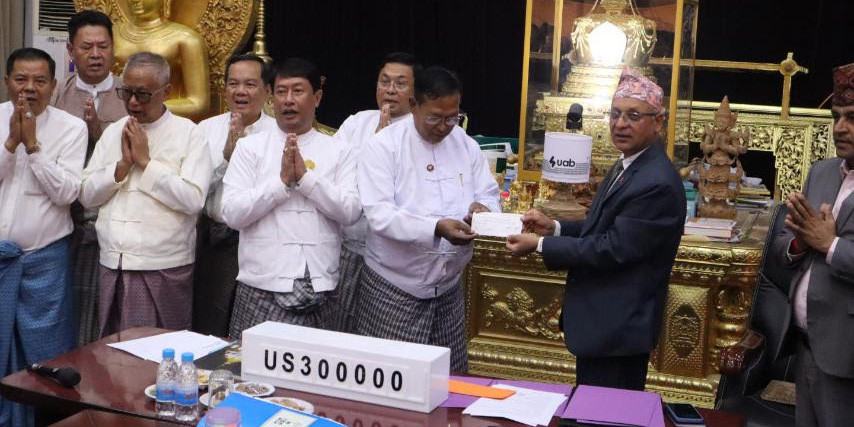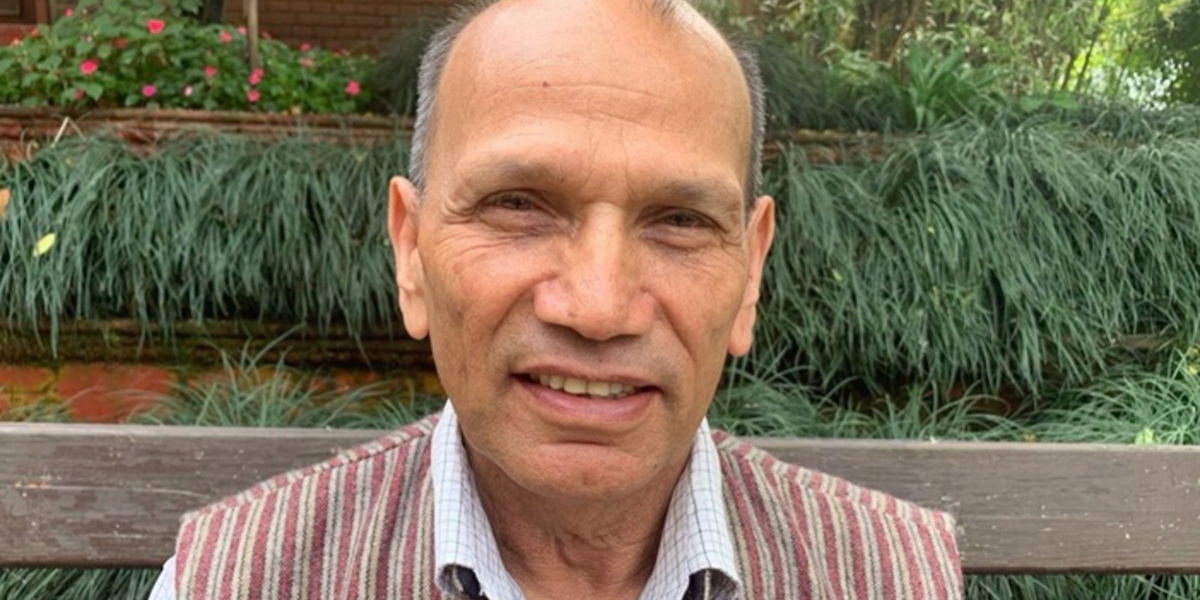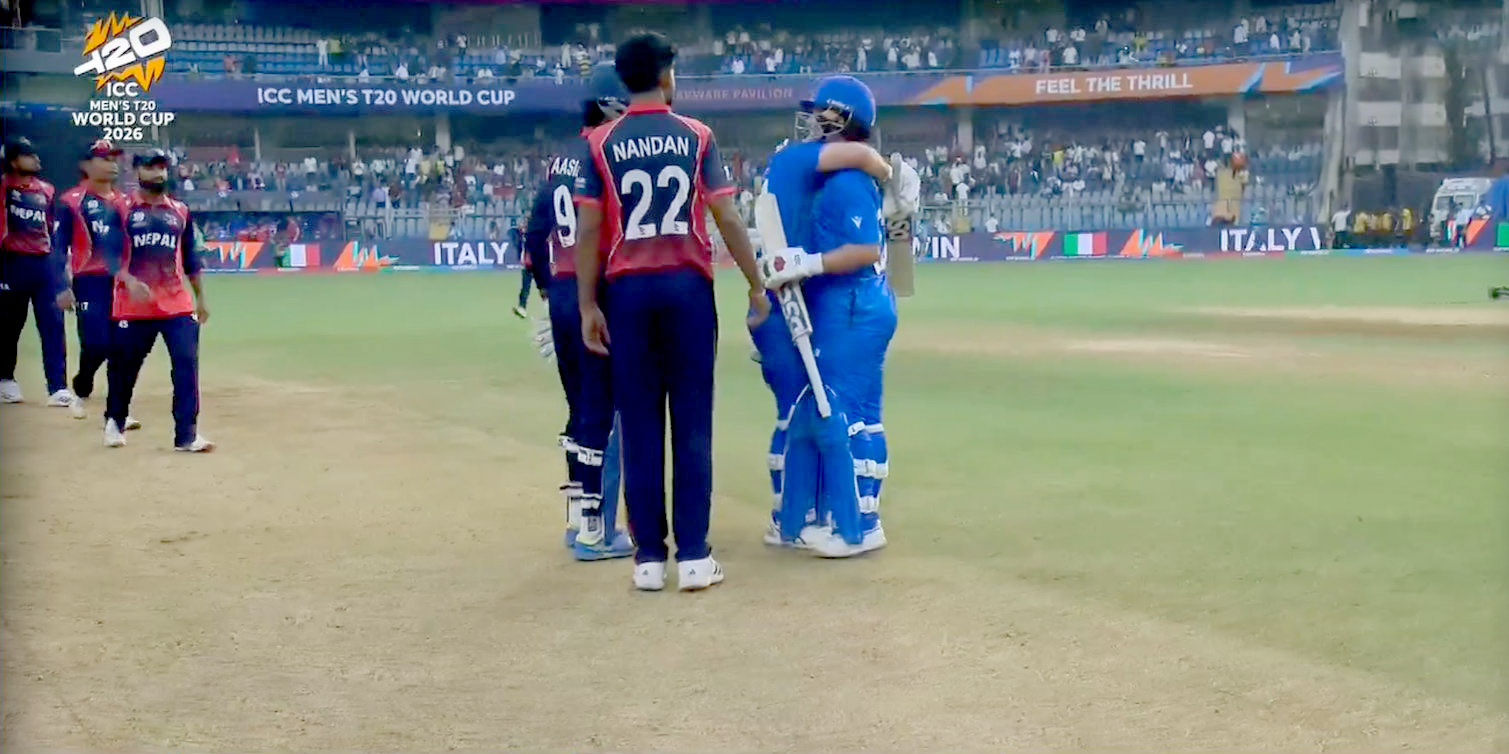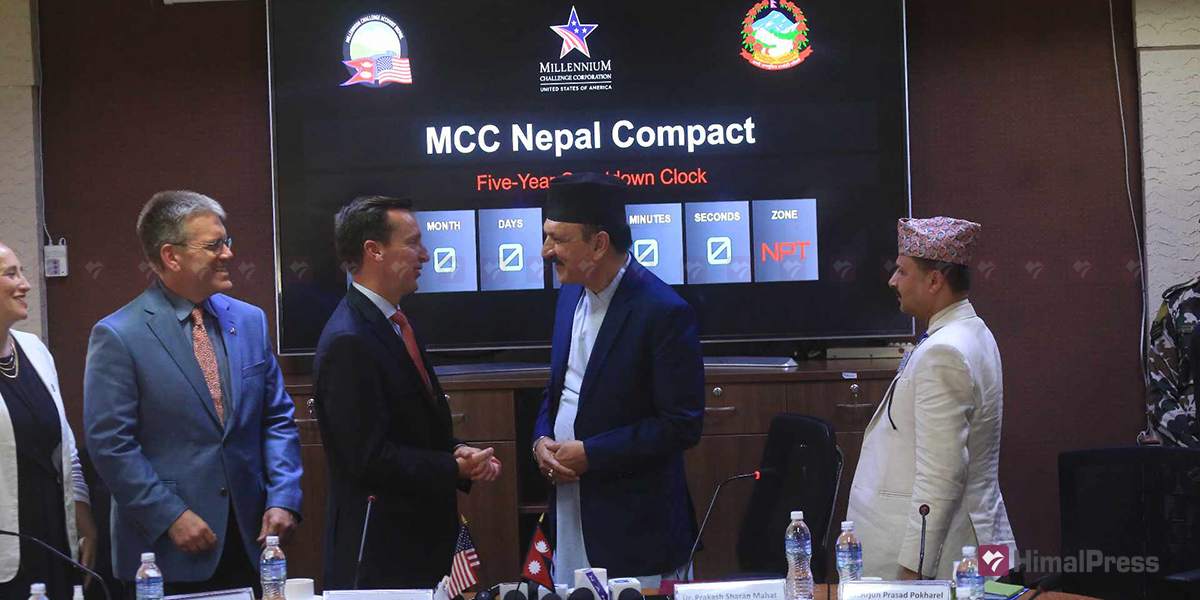
KATHMANDU: The Millennium Challenge Corporation (MCC) Nepal Compact has formally entered into force.
Minister for Finance Dr Prakash Sharan Mahat and MCC Vice President for Compact Operations Cameron Alford exchanged the Entry into Force (EiF) documents of the compact on Wednesday.
Alford arrived in Kathmandu on Tuesday to participate in the Compact commencement ceremony.
Nepal is executing two projects under the MCC: the upgrading of an 80-kilometer section of the East-West Highway and the construction of a 315km 400 kV transmission line along with its three substations. The implementation of MCC projects will be supervised by the Millennium Challenge Account Nepal Development Committee, under the Ministry of Finance, incorporated under the Development Committee Act of 2013.
The US is providing financial support of $500 million to execute the MCC agreement, while the Nepali government is contributing $19.7 million.
The Nepal Compact was signed by then Finance Minister Gyanendra Bahadur Karki and MCC CEO Jonathan Nash in Washington, DC on September 14, 2017. Interestingly, the agreement was signed during the tenure of the Nepali Congress government and was presented in Parliament when CPN-UML was in power. Now, a government led by the Maoist Center is overseeing the implementation of the Compact.
Officials have stated that all prerequisites to commence the projects, except for land acquisition, have been fulfilled. Tasks such as signing the compact, designating MCC projects as ‘national pride projects,’ establishing the Nepal Electricity Regulation Commission as the power sector’s regulatory body, and obtaining India’s approval for the Butwal-Gorakhpur Transmission Line project, have all been completed.

 Himal Press
Himal Press 